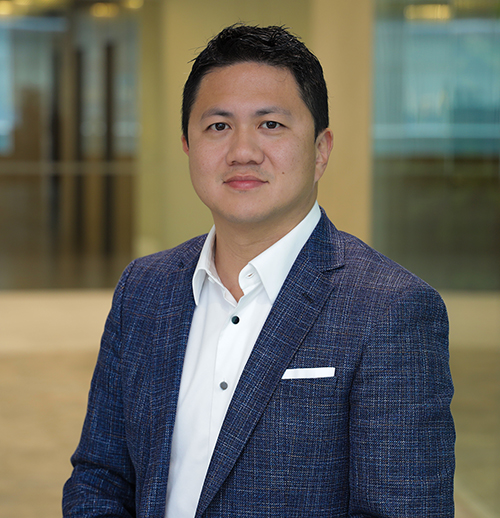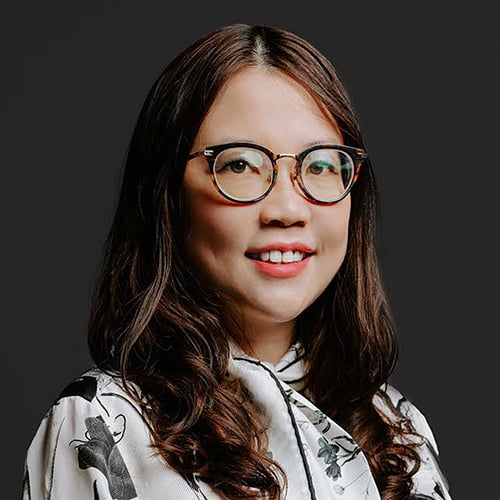
WITH increasing opportunities arising from undervalued asset prices amid the Covid-19 pandemic, family offices are adjusting their asset allocation for high net worth individuals (HNWIs) in Asia.
“Before Covid-19, HNWIs allocated 80% of their investment to fixed income instruments,” says Ray Tam, managing partner and co-founder at Raffles Family Office. “With more undeployed cash, they are facing more investment options in the market. In the past, HNWIs focused more on their own industries. Now they are also looking at assets that they were not very familiar with before.”
According to a report from UBS, over half (55%) of family offices rebalanced their portfolios in March, April and May to maintain their long-term strategic asset allocation.
In addition, the political uncertainty in the region has also given rise to geographical adjustment of portfolios over the past two years. HNWIs who are sensitive towards risk will normally choose to deploy their wealth in places with more security.
“Despite geographical disputes and political events in Asia, we are happy to see volatility in the financial market. During periods of panic, HNWIs normally move their assets to somewhere they are comfortable with, which creates opportunities for asset managers to adjust their portfolios and demonstrate their investment capability,” says Chiman Kwan, founder and CEO at Raffles Family Office.
In 2019, Campden Research estimated that there were 7,300 single family offices worldwide where Asia-Pacific accounted for 18% of the total. China remains the largest wealth management market in Asia. Forbes estimated that in 2020, China has a total of 389 billionaires out of 2,095 billionaires globally.
While China’s HNWIs own a large amount of offshore assets, the majority of their wealth are with international private banks and asset managers.
In Hong Kong, there are over 1,700 licensed asset managers of which only 50 are external asset managers, according to Kwan. External asset managers normally do not sell their own fund products.
With external asset management (EAM) as their core business, multi-family offices have become increasingly attractive because of their advantages over private banks due to their independent advisory business model. External asset managers, also known as independent asset managers, are private wealth management companies that provide bespoke asset management services to high net worth and ultra-high net worth clients.
“The biggest advantage of a multi-family office is that there is no conflict of interest issue. In addition, as a buyside firm, multi-family offices always stand on the side of clients,” says Kwan.
Yet, limitations still exist for EAMs as they may lack deal sourcing or financing capabilities. Large financial institutions, such as banks, are able to leverage group resources to fulfil different needs for HNWIs.
“Third party managers with a smaller team may have some blind spots over some projects. As a large bank, we have full risk management and compliance department to review the deal,” says a head of family office at a Chinese bank.









